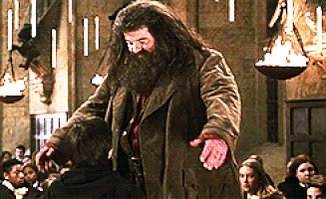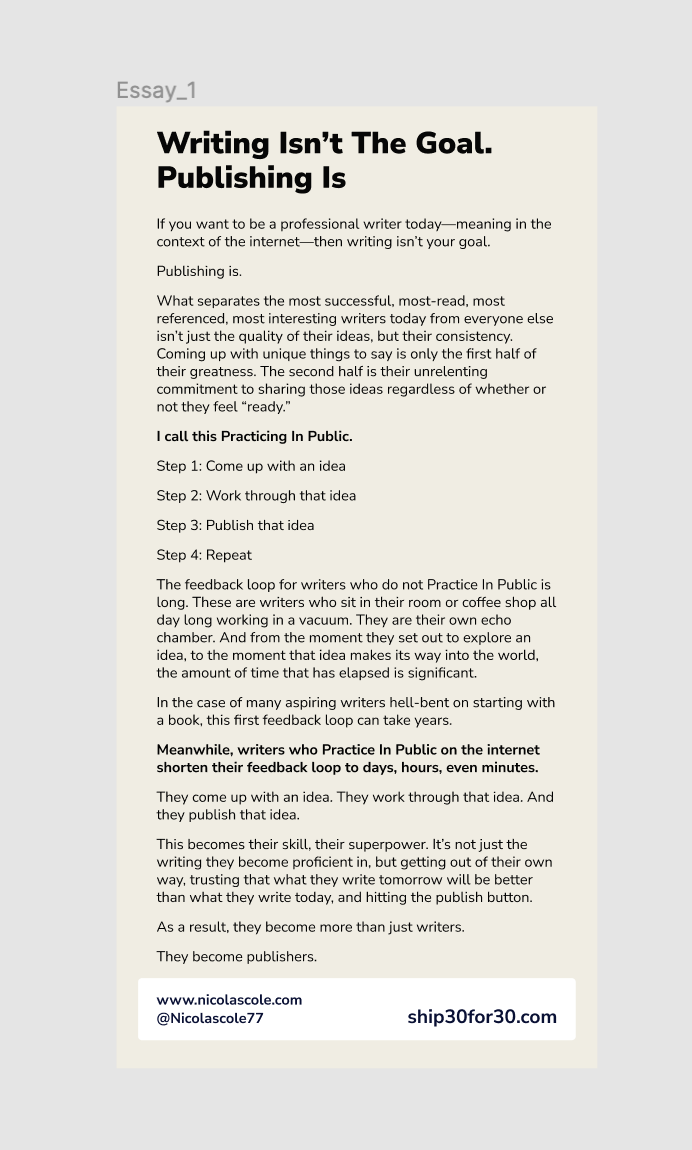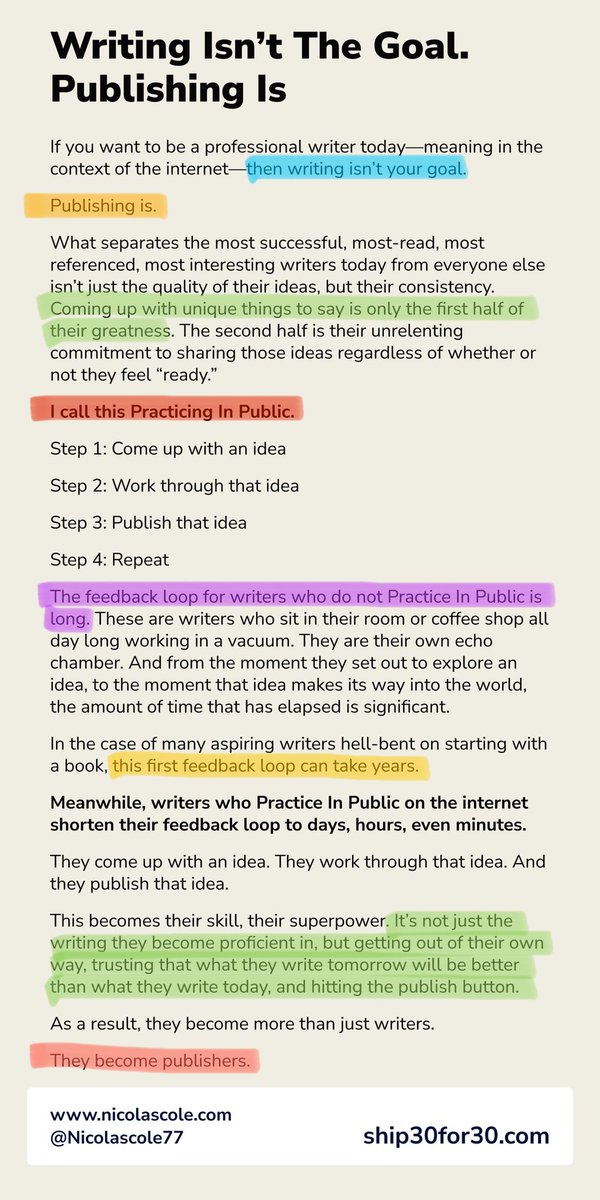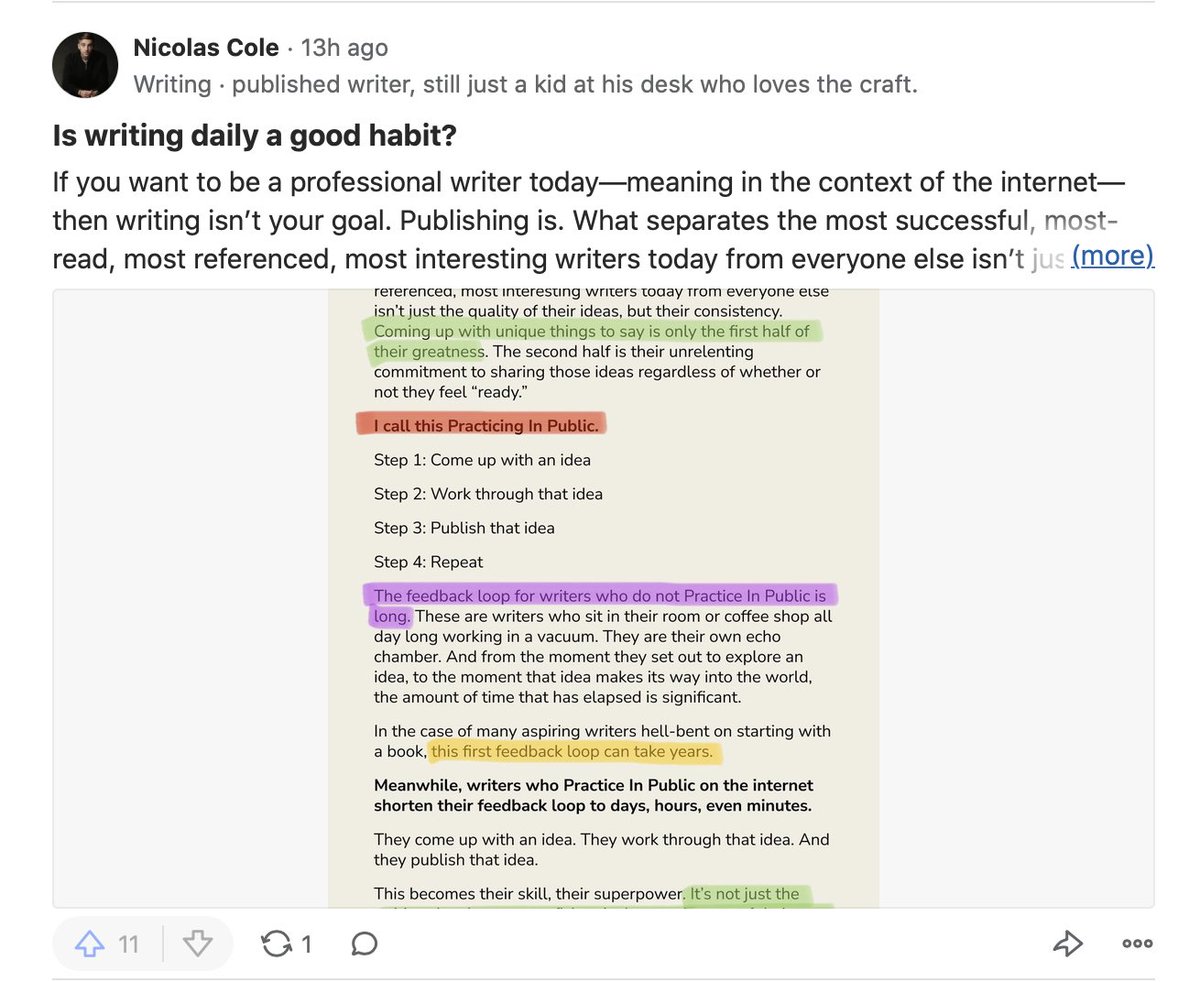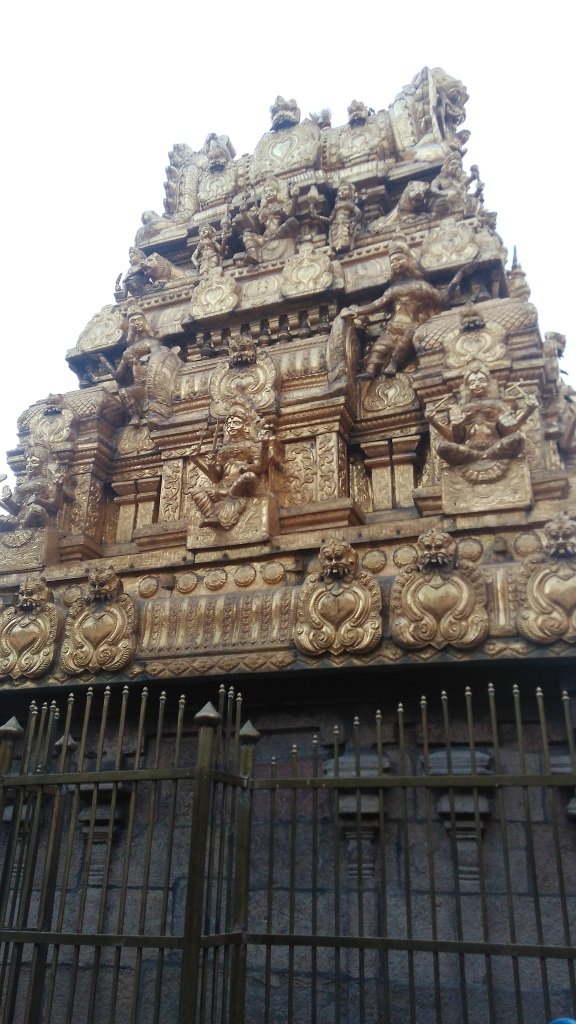I can feel it in my bones: NaNoWriMo starts soon. If you meant to do some novel planning this month but never quite got around to the planning part, here are a few questions to help you think through your story arc.
More from Writing
Writing effectively.
But colleges charge you 120k and still do a terrible job teaching it.
Instead, here are 9 writing frameworks that cost you nothing and will save you hundreds of hours:
1. Start with building your writing habit by leveraging @jamesclear's Four Laws of Behavior
Atomic Habits from @jamesclear changed my life.
— Dickie Bush \U0001f6a2 (@dickiebush) March 10, 2021
In Atomic Habits, James lays out the Four Laws of Behavior Change.
1. Make it obvious
2. Make it attractive
3. Make it easy
4. Make it satisfying
Here's how to leverage them to build a daily writing habit (\U0001f9f5\u270d\U0001f3fc):
2. With your writing habit down, study these 10 tips from the world's most legendary marketer: David Ogilvy.
One of the most legendary marketers of all time: David Ogilvy
— Dickie Bush \U0001f6a2 (@dickiebush) June 2, 2021
In 1982, David wrote an internal memo to the employees of his advertising agency titled "How to write."
And in just 10 bullets he put together a masterclass in effective writing.
Here's a breakdown of each one: pic.twitter.com/MxRYuQRLyA
3. Then, immerse yourself in the takeaways from the bible on business
Business writing is a superpower.
— Dickie Bush \U0001f6a2 (@dickiebush) June 8, 2021
But schools and employers do a horrible job teaching people to write.
In 1981, two advertising executives wrote a timeless guide for how to write in the business world.
And here are 12 of their tips you should staple to your desktop: pic.twitter.com/w0hh0qBOG4
4. Like to learn on the go?
Dive into the creative process of the world's best writers in these 10 episodes of the @timferriss show.
I've listened to every episode of the @tferriss show.
— Dickie Bush \U0001f6a2 (@dickiebush) March 3, 2021
And some of my favorites are when Tim interviews prolific writers, diving into their creative process to improve his own.
If you are looking to build a writing habit, these 10 episodes are a must-listen:
\u270d\U0001f3fc\U0001f3a7\U0001f447\U0001f3fc
You May Also Like
Where to begin?
So our new Secretary of State Anthony Blinken's stepfather, Samuel Pisar, was "longtime lawyer and confidant of...Robert Maxwell," Ghislaine Maxwell's Dad.
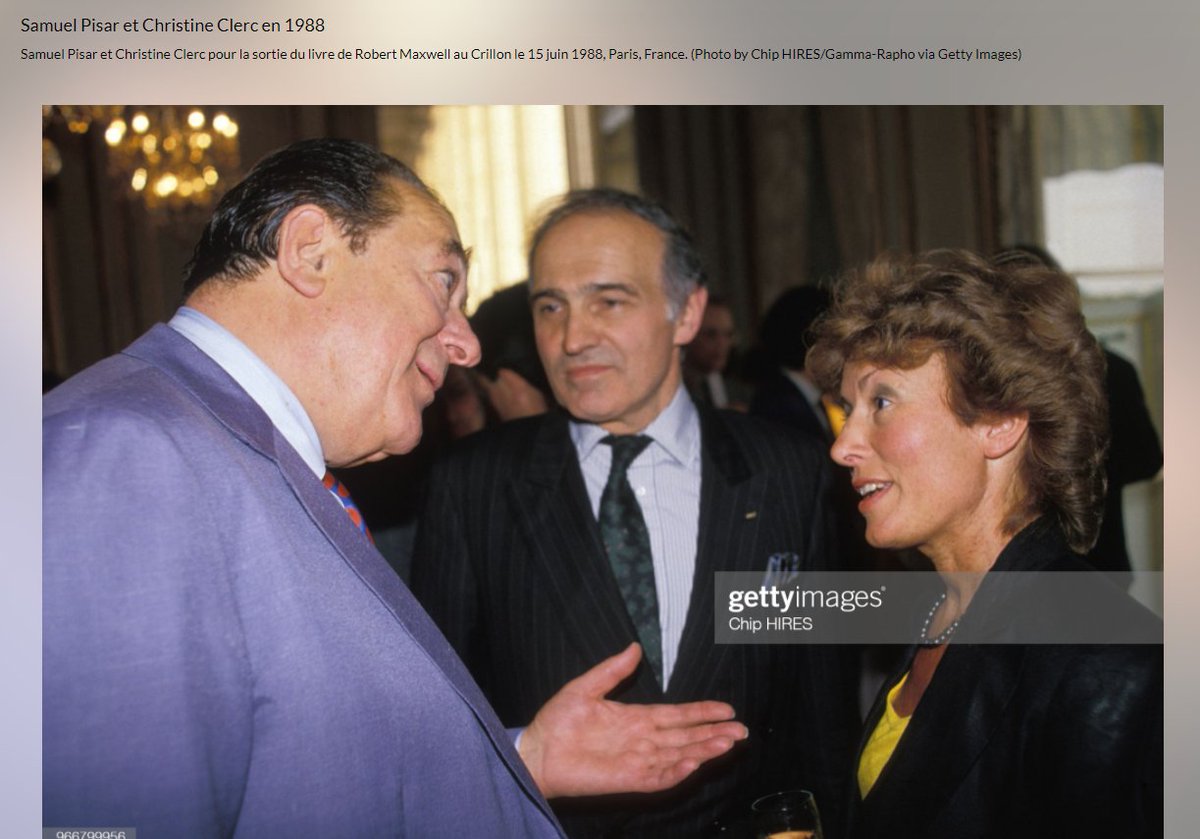
"Pisar was one of the last people to speak to Maxwell, by phone, probably an hour before the chairman of Mirror Group Newspapers fell off his luxury yacht the Lady Ghislaine on 5 November, 1991." https://t.co/DAEgchNyTP
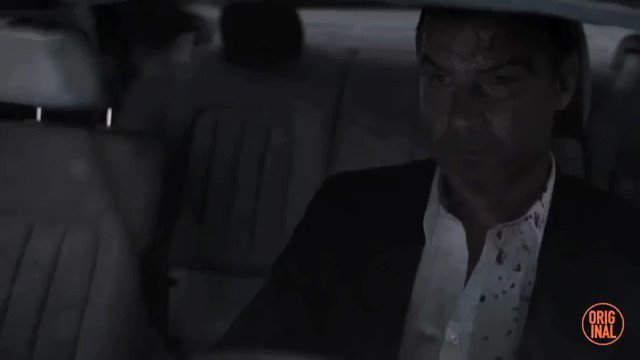
OK, so that's just a coincidence. Moving on, Anthony Blinken "attended the prestigious Dalton School in New York City"...wait, what? https://t.co/DnE6AvHmJg
Dalton School...Dalton School...rings a
Oh that's right.
The dad of the U.S. Attorney General under both George W. Bush & Donald Trump, William Barr, was headmaster of the Dalton School.
Donald Barr was also quite a
Donald Barr had a way with words. pic.twitter.com/JdRBwXPhJn
— Rudy Havenstein, listening to Nas all day. (@RudyHavenstein) September 17, 2020
I'm not going to even mention that Blinken's stepdad Sam Pisar's name was in Epstein's "black book."
Lots of names in that book. I mean, for example, Cuomo, Trump, Clinton, Prince Andrew, Bill Cosby, Woody Allen - all in that book, and their reputations are spotless.
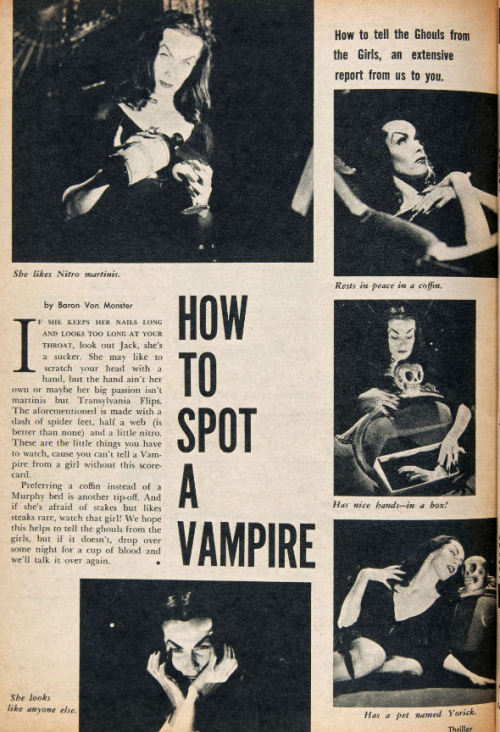
A small tribute/gift to members
Screeners
technical screeners - intraday and positional both
before proceeding - i have helped you , can i ask you so that it can help someone else too
thank you
positional one
run - find #stock - draw chart - find levels
1- Stocks closing daily 2% up from 5 days
https://t.co/gTZrYY3Nht
2- Weekly breakout
https://t.co/1f4ahEolYB
3- Breakouts in short term
https://t.co/BI4h0CdgO2
4- Bullish from last 5
intraday screeners
5- 15 minute Stock Breakouts
https://t.co/9eAo82iuNv
6- Intraday Buying seen in the past 15 minutes
https://t.co/XqAJKhLB5G
7- Stocks trading near day's high on 5 min chart with volume BO intraday
https://t.co/flHmm6QXmo
Thank you

